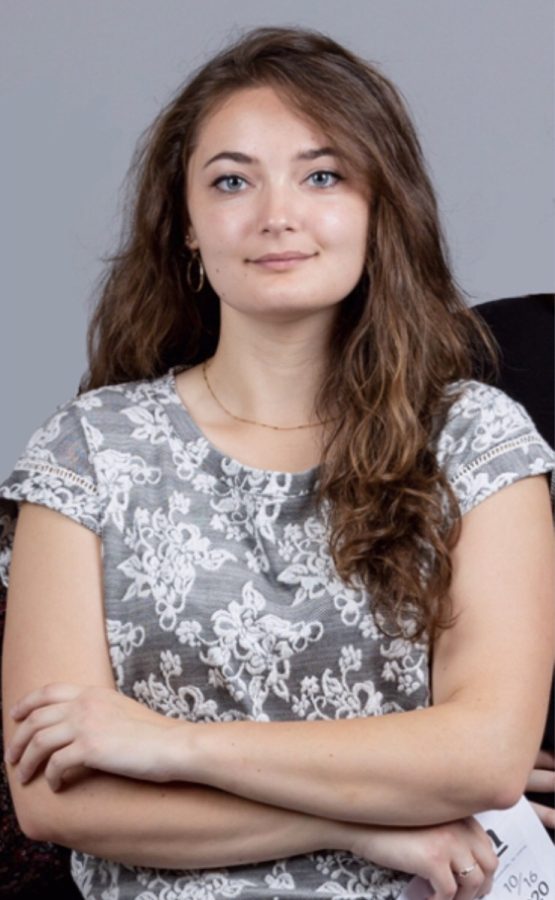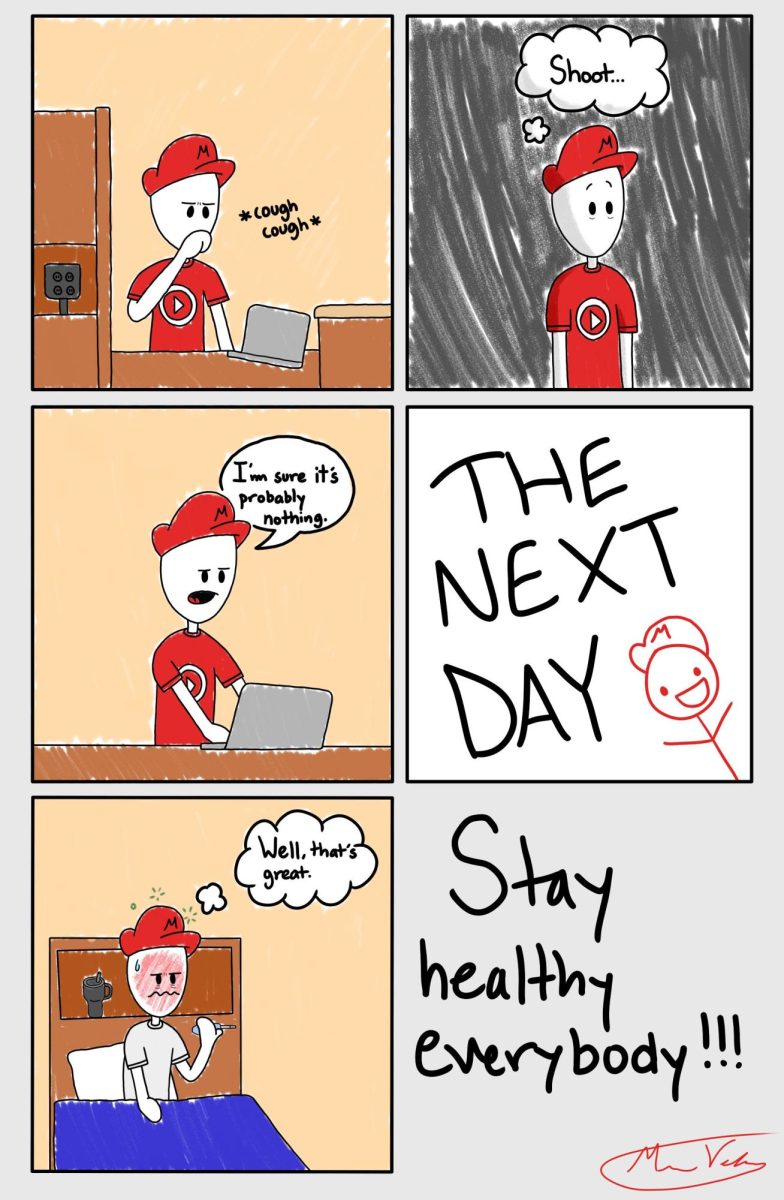I started learning French online in the rural Midwest, so it’s not surprising it took an international trip to speak it in person for the first time – but I never expected God to use my fumbling attempts the way He did.
A year after I graduated high school, I traveled to Haiti with a small missions team. Haitian Creole, somewhat a blend of French and Spanish, is the most prevalent language in Haiti, but whoever has the opportunity to attend school also learns French.
When you first begin to practice a foreign language in real conversation, it feels like you’re stepping off a platform blindfolded. Sometimes you’re only stepping onto something as big as your own foot, and with each step you’re not sure if you’re still going to land on something solid. But now that I had the chance to step at all, I tried to take every opportunity to launch myself off that platform. I learned words from our guide, listed colors with children and asked peddlers their prices.
My most precious and unexpected conversation was with the guard at the gate of our hotel. Haiti is naturally beautiful, but where we were in Portau-Prince we saw the desperately poor families and overcrowded conditions. All properties are walled and secured with barbed wire or glass on the top of the concrete walls. Establishments have especially high walls and guards at the gates to protect from thieves. It was an adjustment as a midwest American to see armed guards everywhere, but it soon became routine even in the week we were there.
Early one morning before the group was ready to head out to our next location, I walked across the white pebble courtyard of our motel to speak to the guard at the gate. He was pretty bored, as you can imagine for someone who stands next to a closed gate all day. I was nervous to speak, but once I had made it all the way over to him I didn’t have much choice. Call it self-sabotage or self-love, I learned a lot by jumping in without time for hesitation.
“Bonjour!” I said, nodding to him. “Bonjour!” he replied politely. “Comment vas-tu?” “Bien, merci, et toi?” “Bien.”
Reality check. Here I am, standing alone in a thirdworld country with voodoo as its national religion, and I had just been asked if I was a Christian by a man holding a gun.
We exchanged names, and as he asked questions I did my best to respond. I was seldom confident in what he had asked and at times felt like I had totally stepped off my virtual platform and fallen headfirst into the void. But he was very patient, occasionally offering an English word or two from his own broken vocabulary. The struggle to understand each other helped our conversation more than hurt it because we had the same goal: to communicate.
I explained why our group was here, and the conversation turned to spiritual matters. “Es-tu une Chrétienne?” he asked, inquiring if I was a Christian.
Hm, I thought to myself. Reality check. Here I am, standing alone in a third-world country with Voodoo as its national religion, and I had just been asked if I was a Christian by a man holding a gun. This is fine.
I had barely enough vocabulary to continue, but made use of every word I had. I said yes, I am a Christian. “Tu crois en Dieu?” I said, asking if he believed in God. “Oui, oui,” he said emphatically. “Mais,” I continued, “Tu crois en un Dieu seulement?” He said yes, he believed in just one God.
He sat down on the wall and propped his rifle next to him to open his bag. He pulled out a couple worn papers and handed them to me. They were covered in blue ink: a sermon written in French. I looked over at him in surprise, asking if he had written it, and he nodded. He said something I didn’t understand and he repeated himself, saying he wanted to be a pastor. But not a pastor to his own people – he wanted to go to America to preach the gospel.
I looked over the papers carefully, trying to process what he had written. I wished I could understand more of the words, but I caught a few sentences that explained some Bible references he had included. I was delighted – not only had I randomly happened on a Christian in Haiti, I had come across one that studied the Bible regularly and hoped to go to my own country as a missionary. I encouraged him to contact the Haitian Christians we were aiding in the country, and when our guide came they spoke for a little while before we left.
I never regretted stepping off that metaphorical platform onto the faith that God would lead. Every time I learned something new, made a human connection, had a new story to tell, gained more motivation to continue to improve my fluency. Even when mistakes were made, more often embarrassing than anything, I learned and moved on.
It’s too easy for us to avoid doing something out of the fear that we will make mistakes. That’s true whether you’re learning a language, aiming for a great job or sharing the Gospel with someone.
Don’t be afraid of the blindfolded step. The more steps you take, the more you have to walk on – and God promises to lead with His Spirit. When we rely on His strength, He guides us through situations that honor Him.

























































